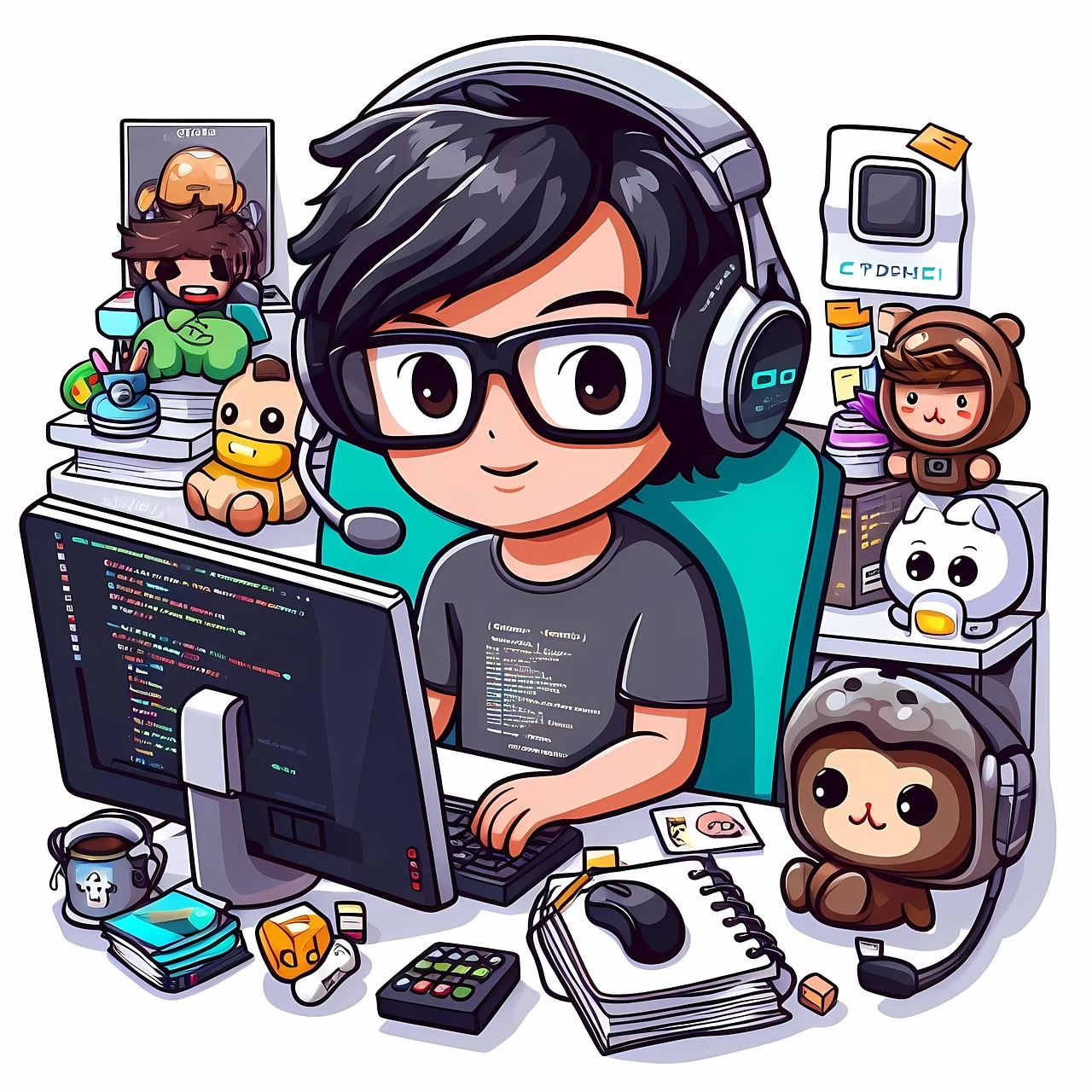“AI-Powered Job Search Tools: Revolutionizing the Way We Fin
July 31, 2025 | by Olivia Sharp

AI-Powered Job Search Tools: Revolutionizing the Way We Find Employment
In an era where technology continuously reshapes every aspect of our lives, the job search experience is undergoing a profound transformation. For decades, job hunting meant sifting through listings, tailoring resumes painstakingly for each application, and hoping for that elusive callback. Today, the emergence of AI-powered job search tools is changing this landscape dramatically — offering a smarter, faster, and more personalized approach to employment seeking.
Personalization at Scale
One of the most impactful ways AI has improved job search is through personalized recommendations that closely align with a candidate’s unique skills, experiences, and career goals. Traditional platforms often presented job listings based on simple keyword matches or generic filters. AI, by contrast, ingests a candidate’s entire profile — analyzing career trajectories, learning preferences, and even soft skills extracted from resumes and social profiles.
These systems use natural language processing (NLP) and machine learning algorithms to interpret nuanced information and predict roles best suited for the user. This goes beyond matching keywords; it looks at the intent behind a job seeker’s profile and suggests positions that reflect both qualifications and aspirations. The result is less noise and a more focused, relevant set of job opportunities.
Efficient Resume Optimization
For many job seekers, crafting an effective resume remains a daunting task. AI tools have stepped in here as well, offering resume graders that analyze the text for clarity, impact, and alignment with target roles. Some platforms even use AI to suggest real-time edits, guiding candidates on which keywords to emphasize or what formatting adjustments could increase the likelihood of passing automated applicant tracking systems (ATS).
This capability reduces guesswork and levels the playing field, especially for those unfamiliar with industry standards or those transitioning into new fields. By optimizing resumes intelligently, job seekers maximize their chances to get noticed by recruiters and hiring managers.
Smarter, More Insightful Interviews
AI-powered tools now extend to interview preparation and execution. Virtual interview coaches provide feedback on speech patterns, body language, and question responses, helping candidates refine their performance under less pressure. Simultaneously, AI-driven platforms in the hiring process use voice analysis and behavioral cues to assess soft skills and cultural fit, providing companies with deeper insights while offering candidates clearer expectations.
This two-way transparency is a significant shift — it fosters a more balanced interview ecosystem where preparation and feedback become continuous improvements rather than one-off assessments.
Breaking Bias with Responsible AI
Another critical advancement lies in AI’s potential to reduce unconscious bias in recruitment. By anonymizing applications or focusing entirely on merit-based indicators, AI systems help organizations widen the candidate pool and foster inclusion. That said, the responsibility lies heavily in designing these technologies thoughtfully — ensuring algorithms are audited regularly for fairness and do not unintentionally perpetuate existing disparities.
Progress is ongoing, but the commitment to ethical AI in job search tools marks a meaningful step toward equitable hiring practices.
Real-World Impact: Stories from the Front Lines
Across industries, job seekers and recruiters alike are sharing testimonials of how AI-powered tools have reshaped their hiring journeys. For instance, a mid-career professional pivoting into tech was able to discover roles perfectly suited to transferable skills through AI-curated listings, bypassing the hours of manual searching that previously overwhelmed them. Recruiters report faster screening processes enabled by AI triage, permitting more time to engage top talent personally.
“The AI tool didn’t just find jobs for me; it helped me see my own experiences in a new light, opening opportunities I never considered before.” — Career Mover, San Francisco
The Road Ahead
While AI has already revolutionized aspects of the job search, ongoing innovation promises deeper integration with augmented reality (AR), predictive analytics, and continuous learning frameworks. Future tools may simulate entire interview experiences in virtual environments or offer real-time labor market insights tailored to evolving global trends.
For professionals navigating the world of work, embracing these advances can unlock new efficiencies and opportunities. However, it is crucial to remain critically aware of AI’s limitations and advocate for tools that prioritize transparency, inclusivity, and user empowerment.
Conclusion
The rise of AI-powered job search technologies signals a fundamental shift in how employment is sought and secured. By harnessing data intelligently and empathetically, these tools are transforming a typically stressful and opaque process into one that is personalized, insightful, and fairer. As the workplace continues to evolve, so too will our methods of connecting talent with opportunity — with AI playing a pivotal role in shaping a more accessible and intelligent future for all job seekers.

RELATED POSTS
View all



